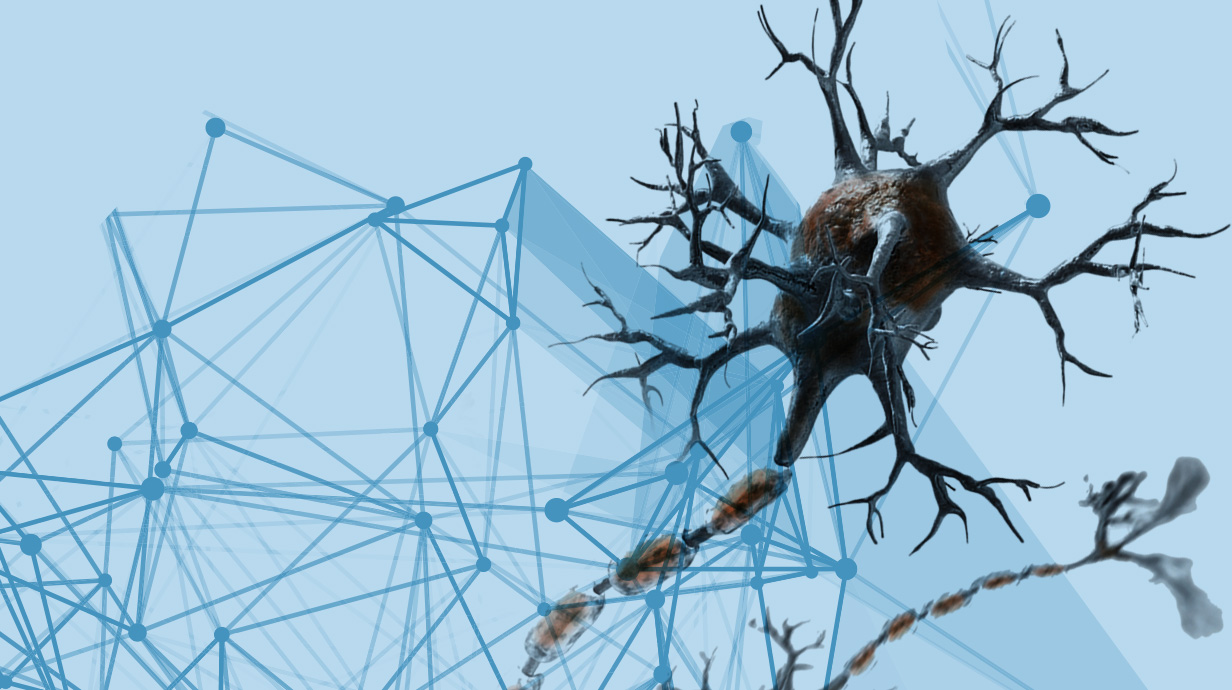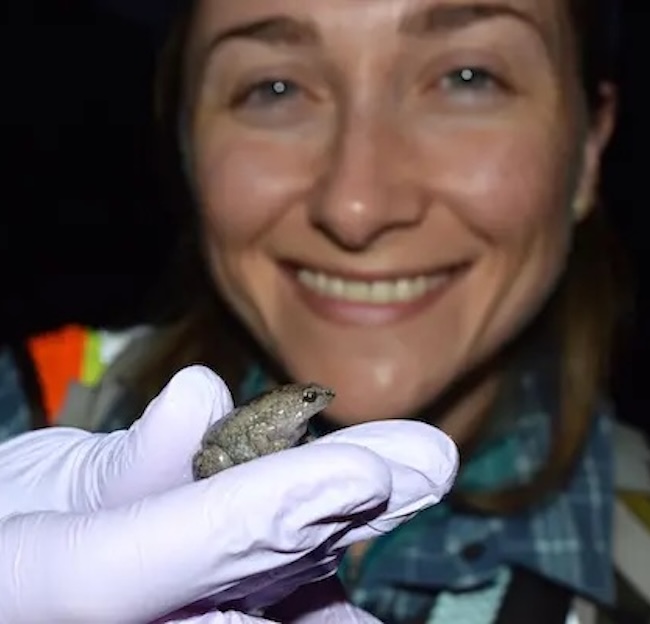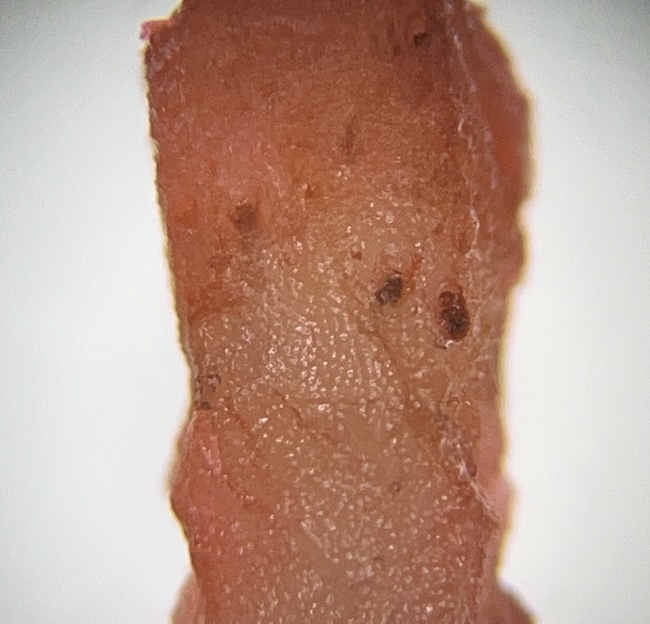Neurobiology, Behavior, and Physiology
Be a part of groundbreaking neurobiology, behavior, and physiology research.

Distinguished Faculty Shaping Neurobiology, Behavior, and Physiology Research
Researchers in the area of neurobiology, behavior, and physiology tend to look at organismal processes, whether it is how an organism behaves or how an organism’s physiology changes under different conditions. Research spans the range of biology, from the molecular and cellular basis of behavior to interactions between organisms in an ecological context.
Faculty Members Who Specialize in Neruobiology, Behavior, and Physiology Research | ||
|---|---|---|
| Faculty Member | Ph.D. Degree | Research Interests |
| Richard Buchholz | University of Florida | animal behavior, host-parasite coevolution, conservation biology |
| Lainy Day | University of Texas at Austin | behavioral neuroscience, neuroplasticity, evolution of cognition and motor-learning |
| Tamar Goulet | SUNY at Buffalo | symbiosis and host-symbiont genotypic combinations, marine ecology, coral reefs, coral-algal physiology |
| Mika Jekabsons | University of California-Davis | mechanisms of apoptosis, cell physiology and mitochondrial physiology |
| Brad Jones | Yale University | cell differentiation, nervous system development, Drosophila genetics |
| Christopher Leary | University of Oklahoma-Norman Campus | endocrine and neural systems underlying animal communication and behavior |
| Michel Ohmer | University of Queensland | amphibian ecophysiology, disease ecology, host-pathogen interactions, thermal biology, amphibian ecology and conservation |
Research and Grants

Amphibian Resilience
Dr. Michel Ohmer’s research is supported by a Biology Integration Institute grant from NSF titled, “BII: Uncovering mechanisms of amphibian resilience to global change from molecules to landscapes.” The grant has allowed Dr. Ohmer and collaborators to create the ‘Resilience Institute Bridging Biological Research and Training’ or RIBBiTR. The Ohmer lab is combining ecophysiology with in-situ microclimate monitoring and mechanistic modeling to uncover mechanisms by which amphibian communities are achieving resilience to this disease, and how global change may affect this resilience in the future.

Understanding Variation in Hormonal Regulation
The current research of Dr. Chris Leary and Dr. Lainy Day is supported by a grant from NSF entitled “Polyploidization, gene dosage, and the evolution of hormonal phenotypes.” The proposed study is relevant to understanding broad patterns of variation in hormonal regulation because polyploidy is a historical feature of vertebrates and a major source of variation in gene copy number in living vertebrates.

Graduate Research Opportunities
“In the Leary lab, we are studying endocrine regulation in the gray treefrog. By working in Dr. Leary's lab, I have witnessed large choruses of (calling) frogs and the nocturnal night activity of organisms that I had no prior experience with. Furthermore, I have learned how to analyze the hormones of these frogs using radioimmunoassays. It is these experiences that have helped me become more independent as a field biologist and confident in my ability to address challenging topics in the STEM field.”
Lizzy Neslund
PhD Student
